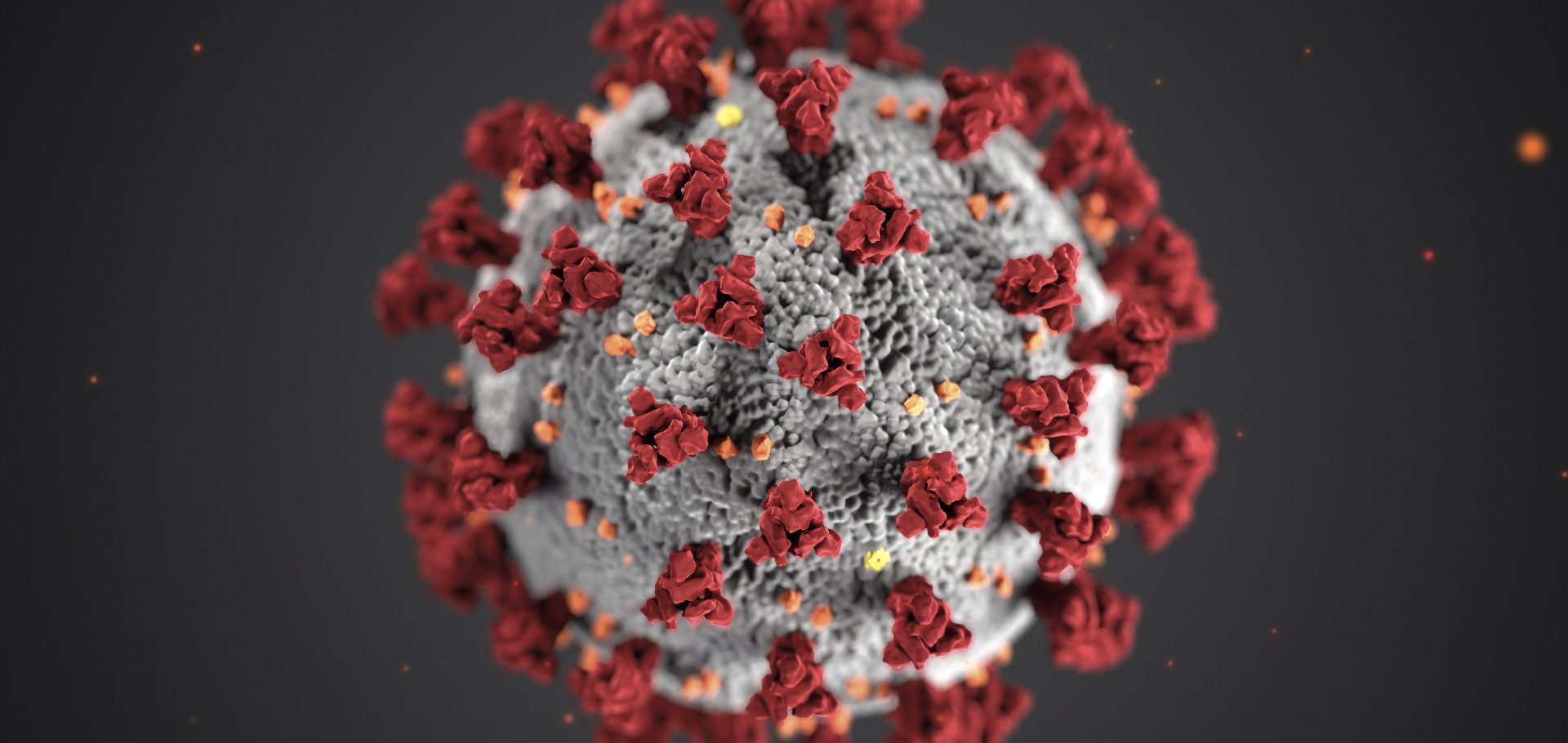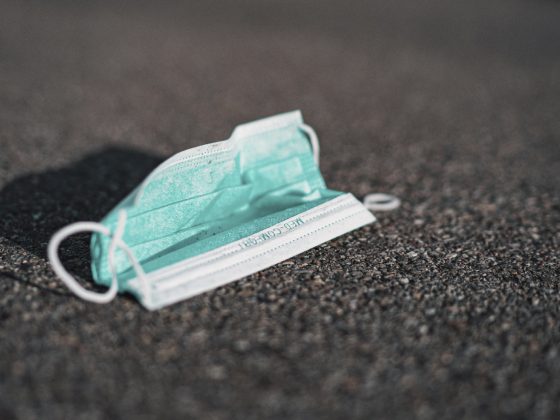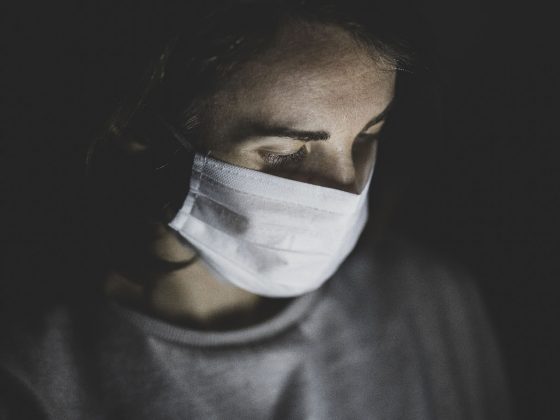We called doctor Dr Luis Felipe Ensina for an interview to ask questions about the disease COVID-19 and the implications for those living with hives.
We invite you to check out:
3000days Editorial:
Hi, doctor, it's great to have your help at a time like this, providing medical support on an issue that is leaving the whole world in fear. We invite you to this chat so that you can help us with simple questions, but without any research resources about the new corona virus and its impact on those living with chronic urticaria.
Firstly, coming from the content that we have already published here at 3000dias and also that you have already published on your networks, we know that urticaria is not a chronic disease that is on the list of most dangerous chronic diseases, correct?
Doctor Luis Felipe Teaches: Correct. Despite being a chronic disease, and often with symptoms that extend beyond the skin, urticaria has so far not been shown to be a risk factor for greater severity of COVID-19.
But since spontaneous chronic urticaria is known to have an autoimmune mechanism, isn't there some interference? We've been hearing a lot about the importance of the immune system right now, how does this apply?
Doctor Luis Felipe Teaches: Most hives have an autoimmune mechanism. The fact that there is an immunological “dysregulation” that leads to the production of antibodies against the body's own proteins does not necessarily imply a defect in the immune response against viruses and bacteria. Take, for example, the case of autoimmune thyroiditis, which affects up to 2% of the population.
It is advisable that patients who use omalizumab stop treatment during this period of quarantine?
Doctor Luis Felipe Teaches: To date, there is no guidance for omalizumab to be discontinued due to COVID-19. The mechanism of action of omalizumab is specific, blocking a type of antibody, which is IgE. IgE, as far as we know, is not related to defense against viruses, including coronavirus.
Do we know that patients who use corticosteroids continuously are at greater risk of contracting the disease, and are there any indications for those who use them occasionally due to more exacerbated attacks of the disease?
Doctor Luis Felipe Teaches: Corticosteroids used for prolonged periods and in high doses lead to immunosuppression, which would increase the risk of a serious coronavirus infection. Therefore, if an individual has chronic urticaria and is controlling it only with corticosteroids, they should see their doctor immediately, as there are other effective treatments. The occasional use of corticosteroids for a short period (5-10 days) will probably not lead to a worse immune response against the virus.
In general terms, what can urticaria patients do at a time like this?
Doctor Luis Felipe Teaches: At a time like this, patients with urticaria should remain calm and take all the precautions recommended by local and national authorities. If the urticaria is poorly controlled, talk to your doctor about the possibility of a telemedicine consultation (released on 03/23), or even about a second opinion also using this resource. Patients using immunosuppressants such as cyclosporine, methotrexate and azathioprine, extra care should be taken. Without panic and with patience, let's all take advantage of this moment to collect the results that will help us become better beings.
**Doctor Luis Felipe Ensina is a doctor specializing in Allergy and Clinical Immunology. Master in Immunology from the Institute of Biomedical Sciences at the University of São Paulo. PhD in Sciences from the Federal University of São Paulo. Coordinator of the Urticaria Reference and Excellence Center (UCARE) of the Discipline of Allergy, Immunology and Rheumatology of the Department of Pediatrics at the Federal University of São Paulo.




Recent Comments